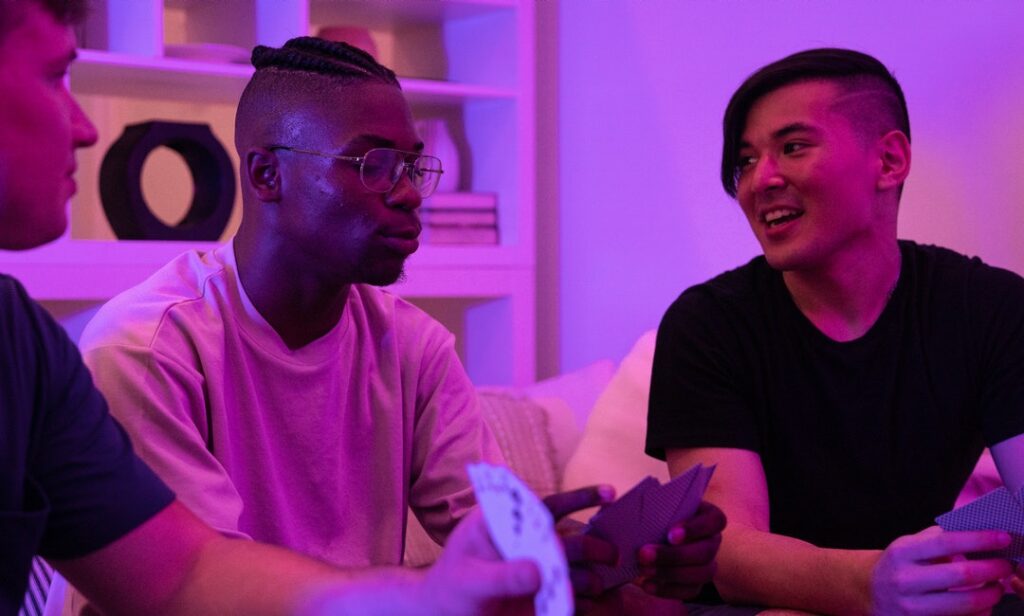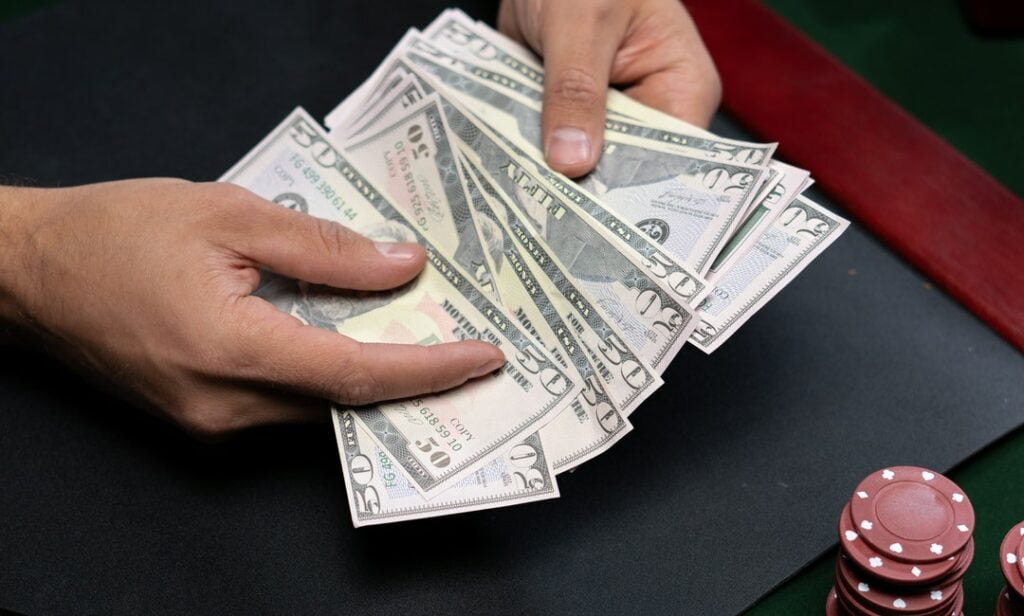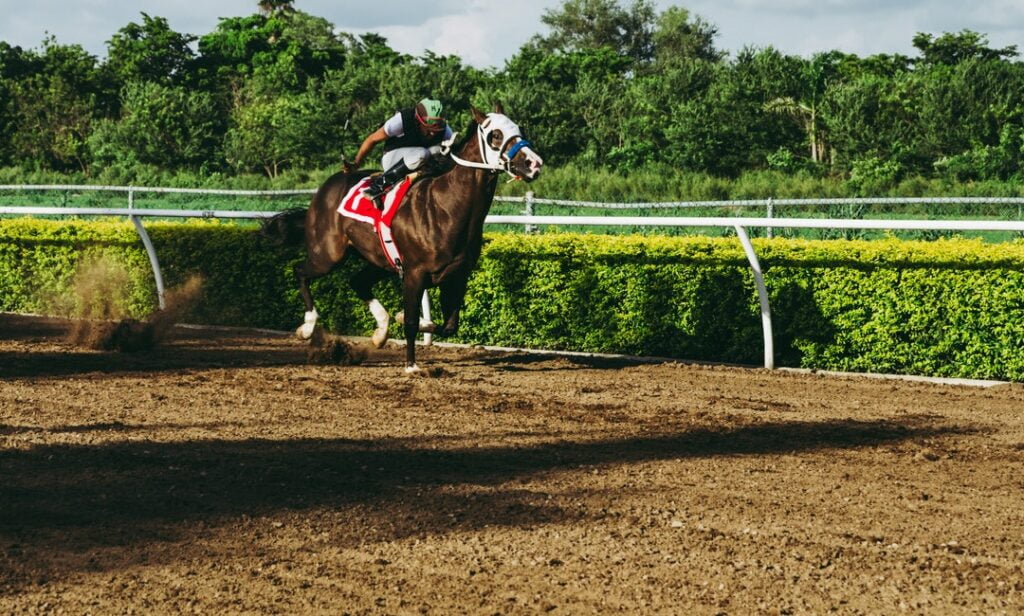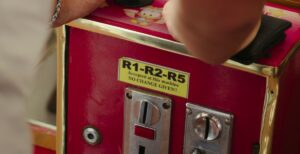May gambling cause anxiety? We have a short and long answer to this question. The short answer is yes and no; gambling can cause anxiety but what is the long answer? Gambling has been mentioned by health experts as one of the of anxiety but it is often a coping mechanism for people who have anxiety. Anxiety comes because of an overwhelming situation and many gamblers have admitted to finding relief from these anxious feelings when they play. However, this is a temporary fix.
As a gambler, how do you know you have anxiety? Anxiety is the state of worrying about the unknown. It could be due to financial problems, work or family problems, or everything in your life. However, it could get worse if it’s not duly checked.

May Gambling Cause Anxiety? Finding the Signs and Keeping It in Check
- Gambling and Excessive Worry
This is one major sign of anxiety. You might start to worry excessively over every bet as you wait to hear the final result. This may cause you to lose focus on other tasks at hand and cause you to make unnecessary repetitive mistakes not just while you gamble but during everything else.
- Gambling and Uncertainty
Another common sign of anxiety is the feeling of uncertainty and you already know that gambling comes with a lot of uncertainty. You fear the unknown and feel that the worse may happen at any time. Usually, you cannot place your finger on what the problem is or what it may be. You’re just afraid for tomorrow. Gambling can amplify this feeling especially when you’re playing long games.
- Gambling and Panicking
Anxiety causes you to panic and gambling comes with a lot of panicking. You become distressed and start to worry that everything may go wrong. Also, you may find it difficult to do things calmly. When you start to panic over trivial and important matters, that’s a sign of anxiety. For example, you bet on a football team and you notice that the team is losing, you might get anxious and have a panic attack before the game is over.

- Gambling Insomnia
When you’re constantly worrying or afraid of the unknown, this may deprive you of sleep. At first, you notice that your regular sleep pattern has changed and you start waking inbetween naps. Subsequently, you may be unable to sleep deep and you start waking up at intervals to gamble or check if you lost a bet.
- Gambling and Sweaty Palms
This one is popularly in land-based casinos. When your hands begin to sweat or you perspire profusely when you’re playing a game, this could be a sign of anxiety. It starts with nervousness and within the twinkling of an eye, sweat has washed all over you. Poker players are more prone to sweaty hands than any other type of gambler.
- Gambling and Irritability
Most compulsive gamblers have lost good relationships with friends and family because of irritability. Someone with anxiety will get irritated and snap at those around them for no cogent reason. Most people ignore irritability as a sign of anxiety because it is not always obvious.
- Gambling and Fatigue
The mind and bodywork as one. Your whole body may constantly feel fatigued when you’re anxious. This is because you’re mentally exhausted from excessive worry. Also, you may feel fatigued because you’re under pressure to do something to boost your chances of winning but you lack the power to manipulate the odds.
- Tension
One other sign of anxiety is the feeling of tension. This occurs when your jaws are clenched, your nerves are taut and your muscles are stretched. However, you may not know the root of the problem. It’s not uncommon to feel this way when you are gambling.
Other signs of anxiety include the feeling of powerlessness or being overwhelmed, butterflies in the stomach, hyperventilation, trembling, and in extreme cases, heart palpitations. However, these are all symptoms felt by a compulsive gambler.

Gambling May is not the Cause of Anxiety, or Not the Only Cause
While there is a connection between gambling and anxiety, it may not be accurate to blame gambling as the major factor for anxiety. Some other factors that may be responsible for your anxiety are stress, caffeine, smoking, negative thoughts, substance abuse, financial problems, trauma, and a host of others.
As stated above, it is even a means to temporarily escape from anxiety. It is just like a drug addict that is looking for a fix. While you’re gambling, you may feel relieved for that time but things tend to change quickly. If a gambler suffers anxiety, they may need to check with a specialist for a more long-term solution. The expert will encourage them to slowly stop gambling before it becomes a permanent fix that they are always craving. Prescriptions can also be used to stop anxiety.
How to Tackle Anxiety and Enjoy Gambling
Sometimes, all you need to do is take a break and relax. It’s as simple as that. Find a secluded area, close your eyes, and shut out the noise. Yoga and meditation are the fastest ways to realign your thoughts. You can also try out this breathing technique:
- Take in a sharp breath.
- Hold for 10 seconds and release it just as sharply.
- Repeat five times.
Also, gently massage your temples until your muscles relax and you start to feel relief. Some other methods of coping with anxiety include:
- Take Decaffeinated Coffee when You Gamble
As studies have shown that caffeine could trigger anxiety in many people, opt for decaffeinated coffee or tea instead especially when you are about to gamble. It might be hard to let go of caffeine but keep in mind that caffeine is also a drug and not being able to let go of it might be a sign of addiction. However, you don’t need to quit cold turkey, start small and work the program until you’ve stopped completely.
- Actively Try Positive Thinking
An anxiety-free life starts with a positive mindset. Watch your thoughts and consciously eliminate negative feelings even when you find yourself in a bad bet. Consciously cultivate your language to fit a more positive vocabulary. Also, avoid places where negative words are thrown around casually. Speak positive affirmation to yourself in the morning and at night. Think and breathe positive energy even when you’re facing difficult bets.
- Practice Peaceful Resolution
Anxiety could emerge as a result of conflicts. Rather than avoiding confrontation or matching it with negative energy, seek more peaceful ways to resolve it. However, if you can’t resolve issues immediately, take a break and revisit them when you’re calmer. It doesn’t matter if it is with a friend, gaming pattern, or life pattern; try not to let anything linger.
- Regain Financial Control
You need to be more responsible with your finances. Draw up accounts and create budgets for gambling and everything else. Also, you should strictly stick to your budget to avoid overspending. It is one thing to set a budget and one thing to follow through. If your financial issues are beyond your control, you can seek the help of a financial advisor or a loved one with more self-control.
- Control Your Gambling Habits
While gambling isn’t the only trigger for anxiety, you have to learn to control your gambling habits. Be in charge of the game, don’t let the game control you. Also, know when you cut your losses and move on to another game. Gambling is supposed to be fun and exciting not mentally draining.
Other tips for self-treatment including eating healthy meals, exercising regularly, and socializing. The socializing part may be difficult. It does not need to be one-on-one socialization because of the pandemic; you can start with social media.
Bottomline
May gambling cause anxiety? Yes and no depending on the variables. While gambling is a fun activity that promises monetary rewards, it should never be an escape from anxiety. You need to be in the perfect condition to gamble. If you have anxiety problems, put some of these tips above to practice. However, if your anxiety is beyond your control, seek professional help before you resume gambling. Gambling is too triggering for someone prone to anxiety.



